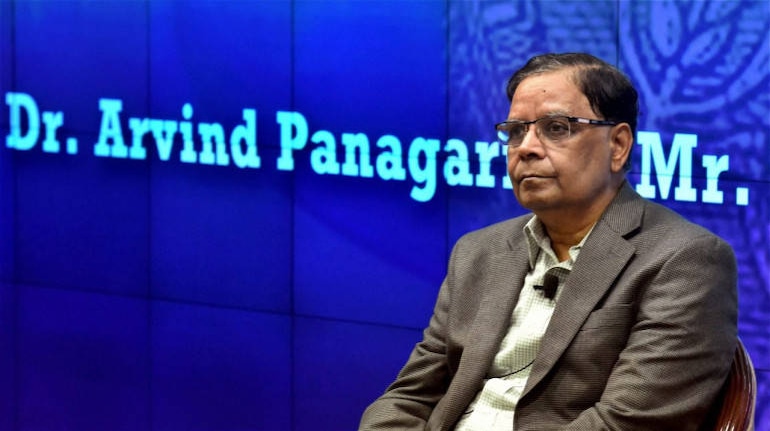http://sharetipsinfo.comJust get registered at Sharetipsinfo and earn positive returns

With a low corporate profit tax rate, labour law reforms, GST, and bankruptcy law, a massive privatization programme on the anvil, and measures to de-stress the financial sector under way, the country is poised to take on to global markets in a major way, he said.
 India needs to get back to a liberal exchange system as it can drive development into twofold digit range, previous Niti Aayog Vice-Chairman Arvind Panagariya said.
India needs to get back to a liberal exchange system as it can drive development into twofold digit range, previous Niti Aayog Vice-Chairman Arvind Panagariya said.
With a low corporate benefit charge rate, work law changes, GST, and chapter 11 law, a monstrous privatization program on the blacksmith's iron, and measures to de-stress the monetary area under way, the nation is ready to take on to worldwide business sectors in a significant manner, he said.
"Be that as it may, this requires one extra key fixing: a more liberal exchange system," he said while tending to the 36th Commencement Day Annual Lecture coordinated by Exim Bank of India (Exim Bank).
He was talking on the theme - India's' Trade Policy-past, present and future.
Panagariya, who is at present a Professor of Economics at Columbia University, said a more liberal exchange system conveys the guarantee of pushing this development rate into twofold digit range.
He said one road for changing exchange is by bringing down levies against all exchanging accomplices, which the nation effectively conveyed from 1991-92 to 2007-08.
The subsequent methodology can be by going into international alliances with significant exchanging accomplices, he said.
"A decent beginning stage for this would be the United Kingdom and European Union. These are enormous business sectors and their horticultural areas represent no danger to the work of India's' ranchers," he said.
Panagariya said, as of now, 42.5 percent of the country's' labor force is utilized in agribusiness, and for fast change, almost 50% of this labor force should move to industry and administrations in the following ten to fifteen years.
"This thusly requires the formation of an enormous number of occupations in industry and administrations at the lower-end of the ability range that pay appealing wages," he said.
As per him, the best way to achieve this is by establishing a climate wherein fruitful fare situated firms can arise and thrive in labor-escalated areas like attire, footwear, furniture, toys, kitchenware and writing material among others.
Accomplishment in send out business sectors requires above all else an open exchange system, he said adding that instead of raising duties, the nation should bring down them.
Indian Share Market tips